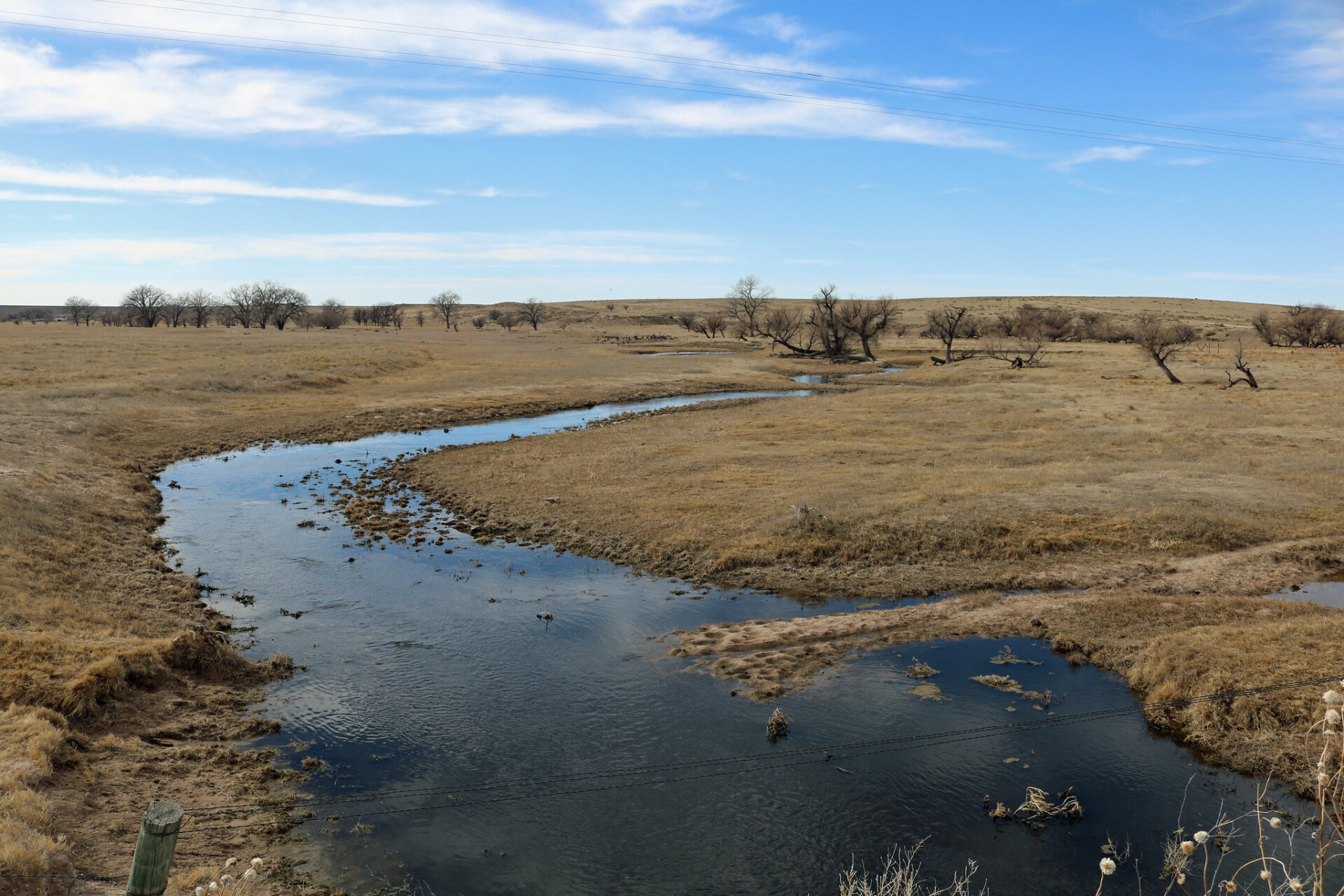CSU researchers analyze what could happen if Colorado fails to meet river compact deadline
In the 1940s, Colorado, Nebraska and Kansas signed the Republican River Compact, an agreement on exactly how much water each would receive from the Republican River basin. But in recent years, there’s been some dispute about Colorado’s compliance. Now the state is being tasked with a looming deadline: either voluntarily retire 25,000 acres of irrigated land in the basin area by 2029 or face the mandated shutdown of wells, potentially impacting several hundred thousand acres of irrigated ag land — and the surrounding communities.
Earlier this year, state legislators tasked Colorado State University’s College of Agricultural Sciences and its Colorado Water Center with researching the potential impact to the Republican River Basin region if we don’t meet the deadline.
John Tracy is director of the Colorado Water Center and a professor in the Department of Ecosystem Science and Sustainability in the Warner College of Natural Resources. Jordan Suter is a professor in the Department of Agricultural and Resource Economics in the College of Agricultural Sciences.
They recently spoke with The Audit podcast about the study and the complicated history of the compact.
Learn more about the history of the Colorado River Compact.




